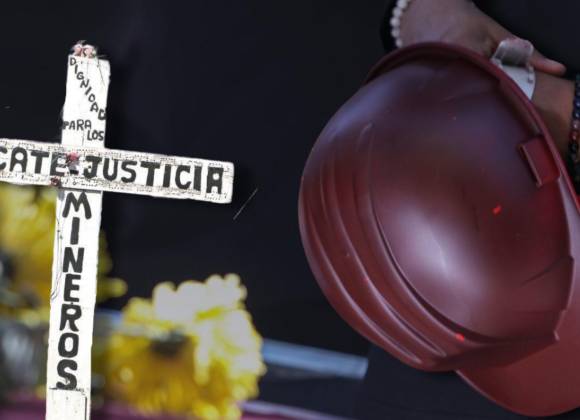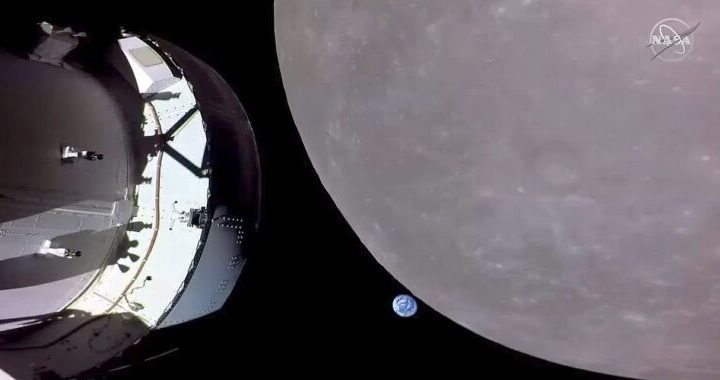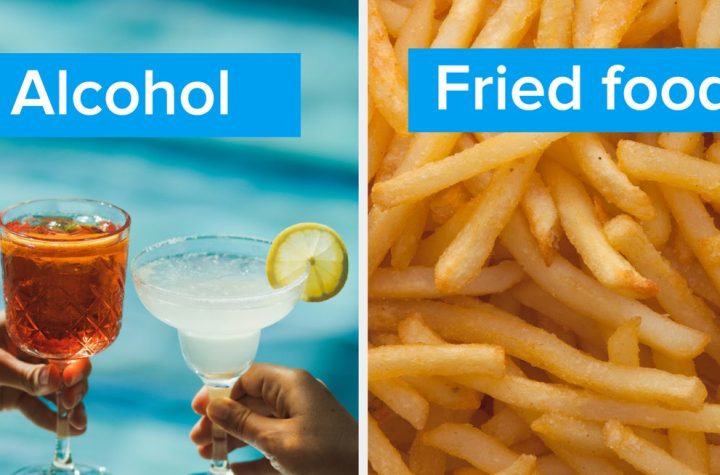Bagaimana pandemi dan isolasi sosial telah mengubah cara kita memandang perjalanan waktu.
Pada tahap awal pandemi, mayoritas dari mereka yang terkurung di rumah mengatakan mereka merasa waktu berjalan lebih lambat dan akibatnya mereka merasa kesepian.
Menurut sebuah laporan di majalah kemajuan ilmu pengetahuan, Itu[{” attribute=””>COVID-19 pandemic has altered how individuals perceive the passing of time.
The majority of research participants (65%) reported feeling that time was moving more slowly at the conclusion of the first month of social isolation, which occurred in May 2020. This perception was termed by the researchers as “time expansion,” and they discovered that it was linked to feelings of isolation and a lack of enjoyable activities throughout the time period.
Even more people (75%) said they didn’t experience as much “time pressure,” which is the sensation that time is passing more quickly and leaving less time for activities of daily living and recreation. 90% of those surveyed claimed they were taking shelter at home during that time.
“We followed the volunteers for five months to see if this ‘snapshot’ of the start of the pandemic would change over time. We found that the feeling of time expansion diminished as the weeks went by, but we didn’t detect significant differences with regard to time pressure,” André Cravo, first author of the article, told Agência FAPESP. Cravo is a professor at the Federal University of ABC in São Paulo state, Brazil.
The research started on May 6, when 3,855 participants recruited via social media responded to a ten-item online questionnaire and completed a simple task meant to test their ability for short interval estimation (pressing start and stop buttons in 1, 3, and 12 seconds). They were then questioned about their daily activities the week before (including whether they had finished all required tasks and how much time they had set aside for leisure) as well as how they were feeling right now (happy, sad, lonely, etc).
“They were invited to return every week for further sessions, but not everyone did,” Cravo said. “In the final analysis, we considered data for 900 participants who answered the questionnaire for at least four weeks, albeit not all consecutively.”
Using time awareness scales from 0 to 100 that are standard for this type of survey, the researchers analyzed the answers and calculated the two parameters – time expansion and time pressure – to see whether they increased or decreased week by week.
“Besides a rise or fall on the scales, we also analyzed the factors that accompanied the changes. During the five-month period, we observed a similar pattern: in weeks when participants reported feeling lonely and experiencing less positive affect, they also felt time pass more slowly. In highly stressful situations, they felt time pass more quickly,” Cravo said.
When the first set of answers to the question on the passage of time was compared with the second, provided at the end of the first month of confinement, perceptions of time expansion had risen 20 points while time pressure had fallen 30 points, according to Raymundo Machado, a scientist at the Brain Institute of the Albert Einstein Jewish Hospital (HIAE) in São Paulo, and last author of the article. “These results are evidently affected by memory bias, however, because no measurements were made before the pandemic,” he said.
Time slowed most for younger participants early in the pandemic, when compliance with social distancing rules was strictest. Except for age, demographic factors such as household size, occupation, and gender, had no influence on the results.
For the authors, this may be an effect of the sample profile. Most of the volunteers (80.5%) lived in the Southeast region. A large majority were women (74.32%). Most had completed secondary school, and a great many even had a university degree (71.78%). In terms of income, roughly a third were upper middle class (33.08%). Sizable minorities worked in education (19.43%) and healthcare (15.36%).
“This is typical of online surveys, where a majority are women living in the Southeast with high levels of formal education. The influence of demographics might have been more evident if the sample had represented the Brazilian population better,” Machado said.
Internal clock
Although the pandemic changed participants’ perceptions of the passage of time, it apparently did not affect their ability to sense duration, measured by the button-pressing task. “All of us are able to estimate short intervals. When the results of this time estimation test [including overestimation and underestimation of the intervals] Mereka dibandingkan dengan hasil kesadaran waktu, dan tidak ada korelasinya,” kata Machado.
Menurut Cravo, bukti dari literatur ilmiah menunjukkan bahwa perasaan bahwa waktu berlalu lebih lambat atau lebih cepat terutama dipengaruhi oleh dua faktor: pentingnya waktu dalam konteks tertentu, dan ketidakpastiannya. Misalnya, jika Anda terlambat bekerja [so that time is relevant in the context] Dan saya harus menunggu bus [unpredictable timing]Anda memiliki persepsi ekstrim bahwa menit tidak berlalu. Ketika Anda sedang berlibur dan bersenang-senang, itu bukan waktunya dan sepertinya terbang.
Persepsi sering berubah ketika kita mengingat situasi masa lalu. “Ketika Anda mengingat apa yang Anda lakukan saat berlibur, waktu terasa lebih lama. Sebaliknya, ketika Anda mengantre, waktu berjalan sangat lambat tetapi ketika Anda mengingat situasinya nanti, seolah-olah itu berakhir dengan cepat. ,” kata Cravo.
Dalam kasus pandemi COVID-19, bagaimana orang akan mengingat perjalanan waktu selama periode jarak sosial tidak diketahui. “Banyak tonggak waktu, seperti Karnaval, festival Juni, dan ulang tahun, harus dilewati dalam dua tahun terakhir, jadi pertanyaannya tetap terbuka,” tutupnya.
Referensi: “Mengalami waktu selama jarak sosial: studi longitudinal selama bulan-bulan awal pandemi COVID-19 di Brasil” oleh André Macioli Cravo, Gustavo Brito de Azevedo, Cristiano Moraes Bellacci Azarias, Louise Catherine Barney, Fernanda Dantas Bueno, dan Rafael Cara. Di Camargo, Vanessa Carneiro Morita, Esau Ventura Bobo Sirius, Renan Schiavolin Recio, Mateus Silvestrin dan Raimundo Machado de Azevedo Neto, 13 April 2022, kemajuan ilmu pengetahuan.
DOI: 10.1126 / sciadv.abj7205
Studi ini didanai oleh FAPESP.

“Kutu buku musik lepas. Pecandu internet bersertifikat. Pencinta perjalanan. Penyelenggara hardcore. “


:quality(85)/cloudfront-us-east-1.images.arcpublishing.com/infobae/VOCEXYAVKZFTNDAJWDCWZERDMM.jpg)






More Stories
NASA mungkin memodifikasi Artemis III agar dapat berlabuh di Starship dan Orion di orbit rendah Bumi
Makanan dan minuman yang menyebabkan nyeri sendi menurut dokter
Komet Pons-Brooks: Bagaimana dan kapan melihatnya